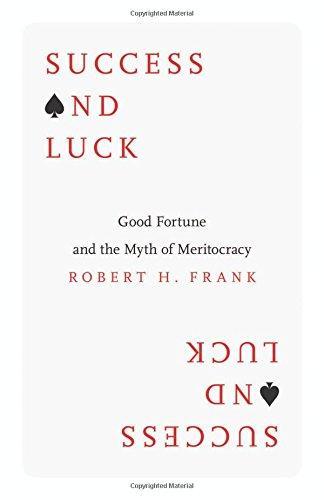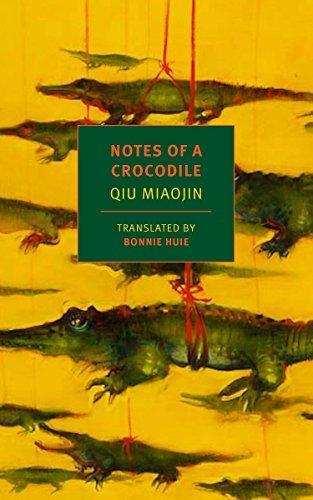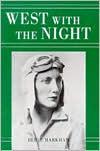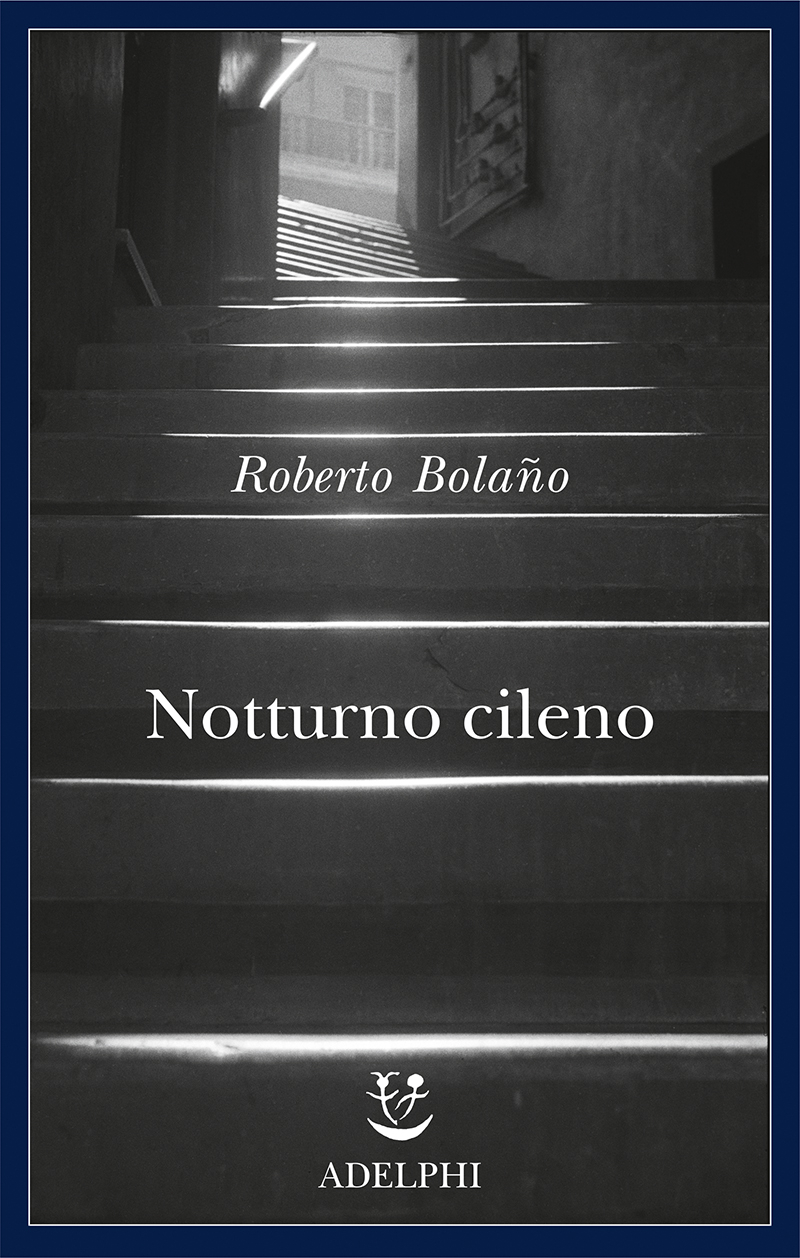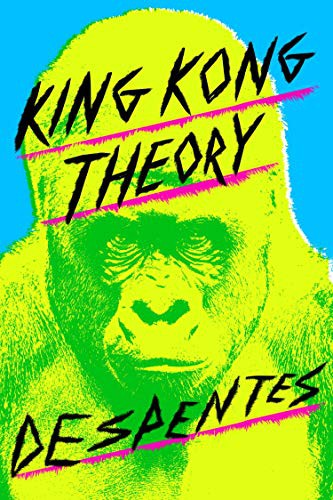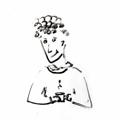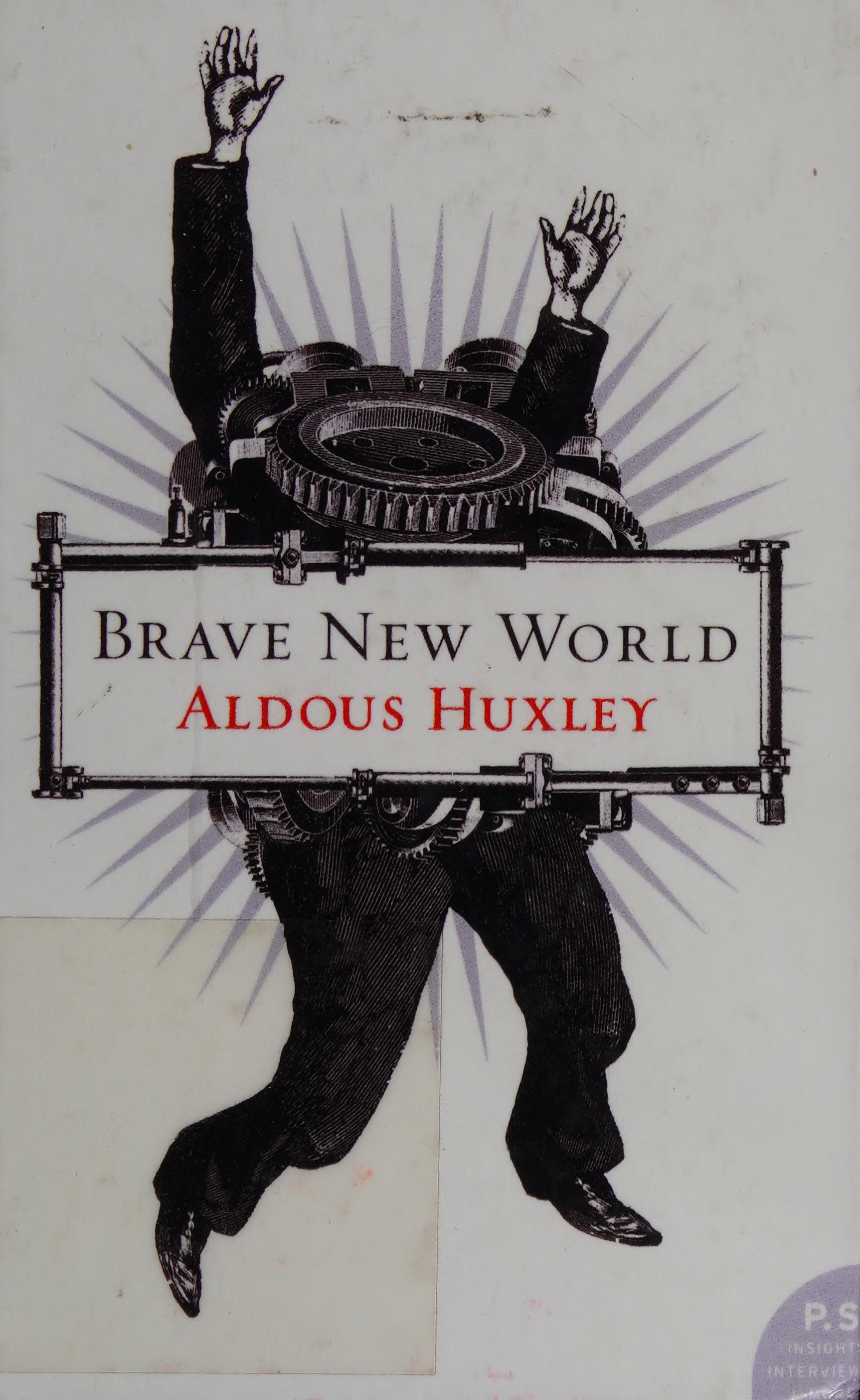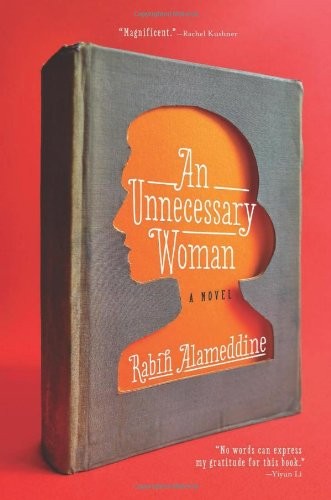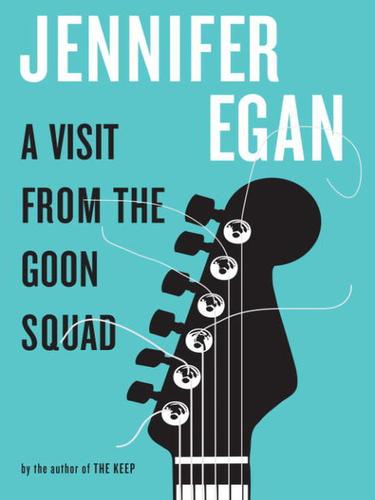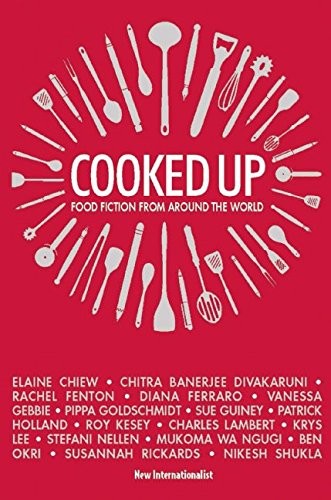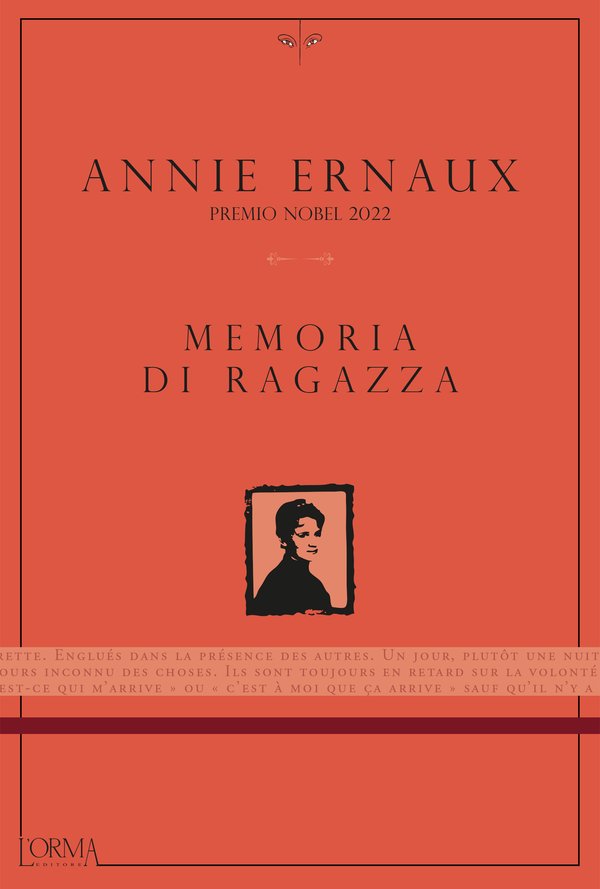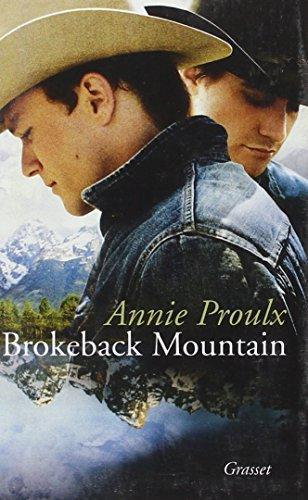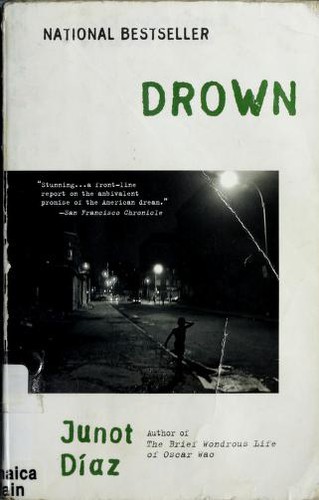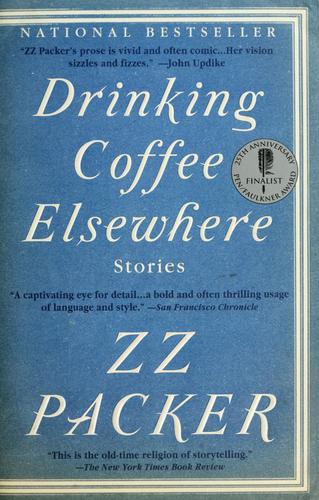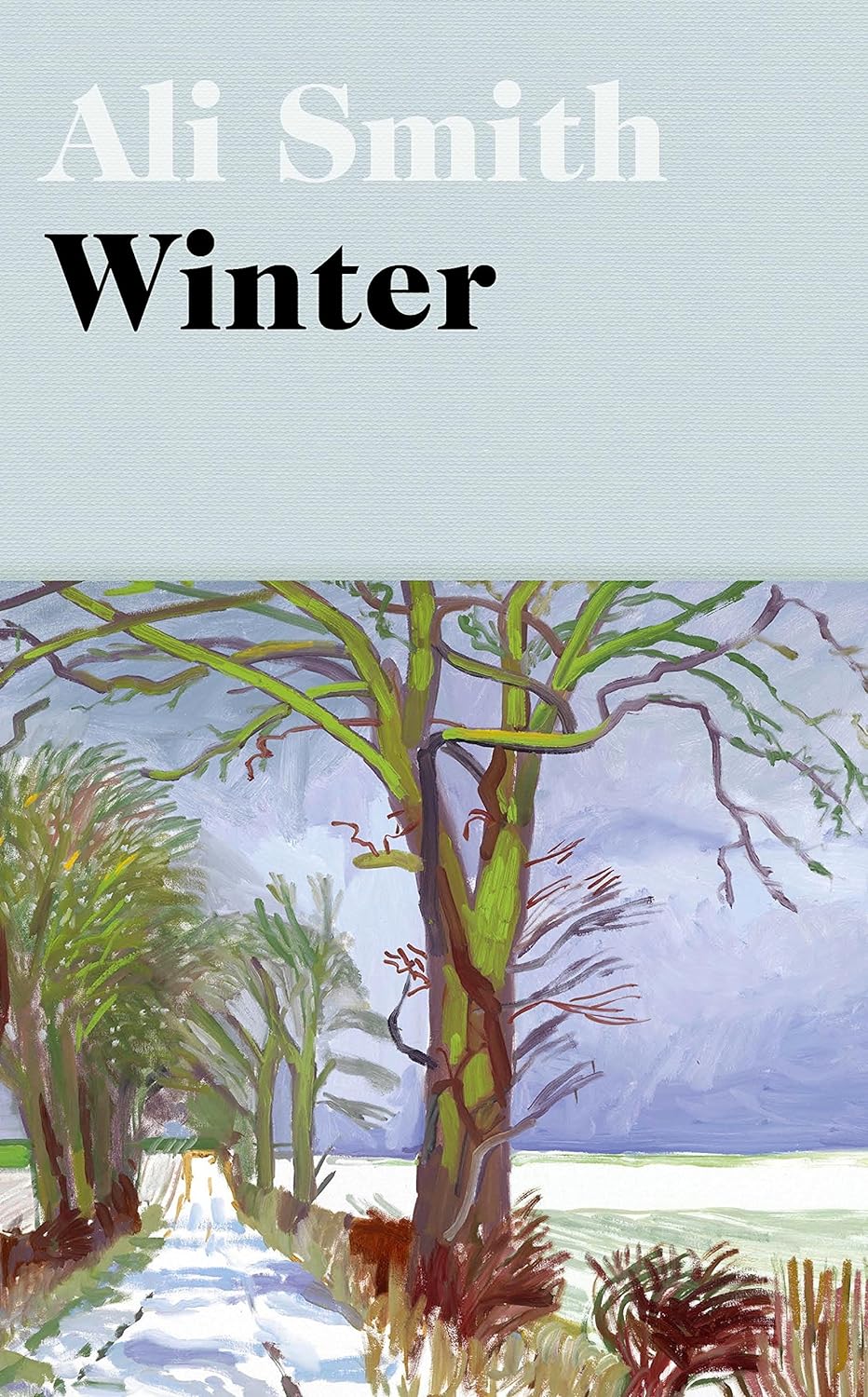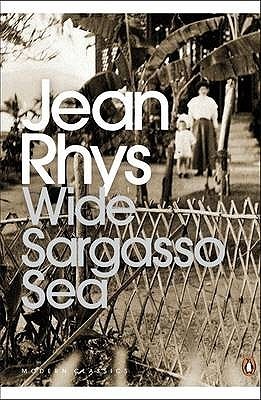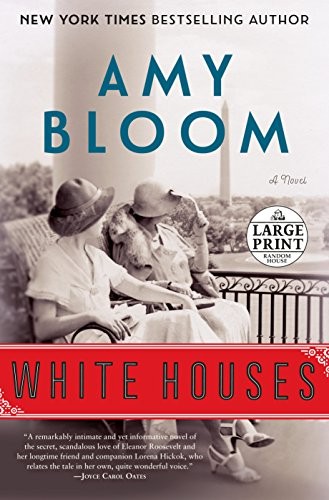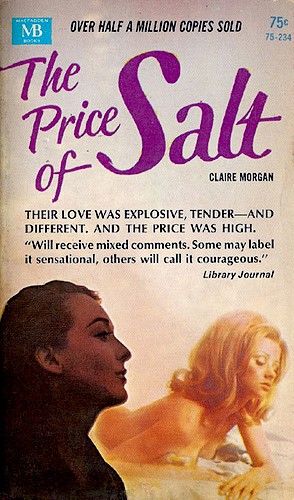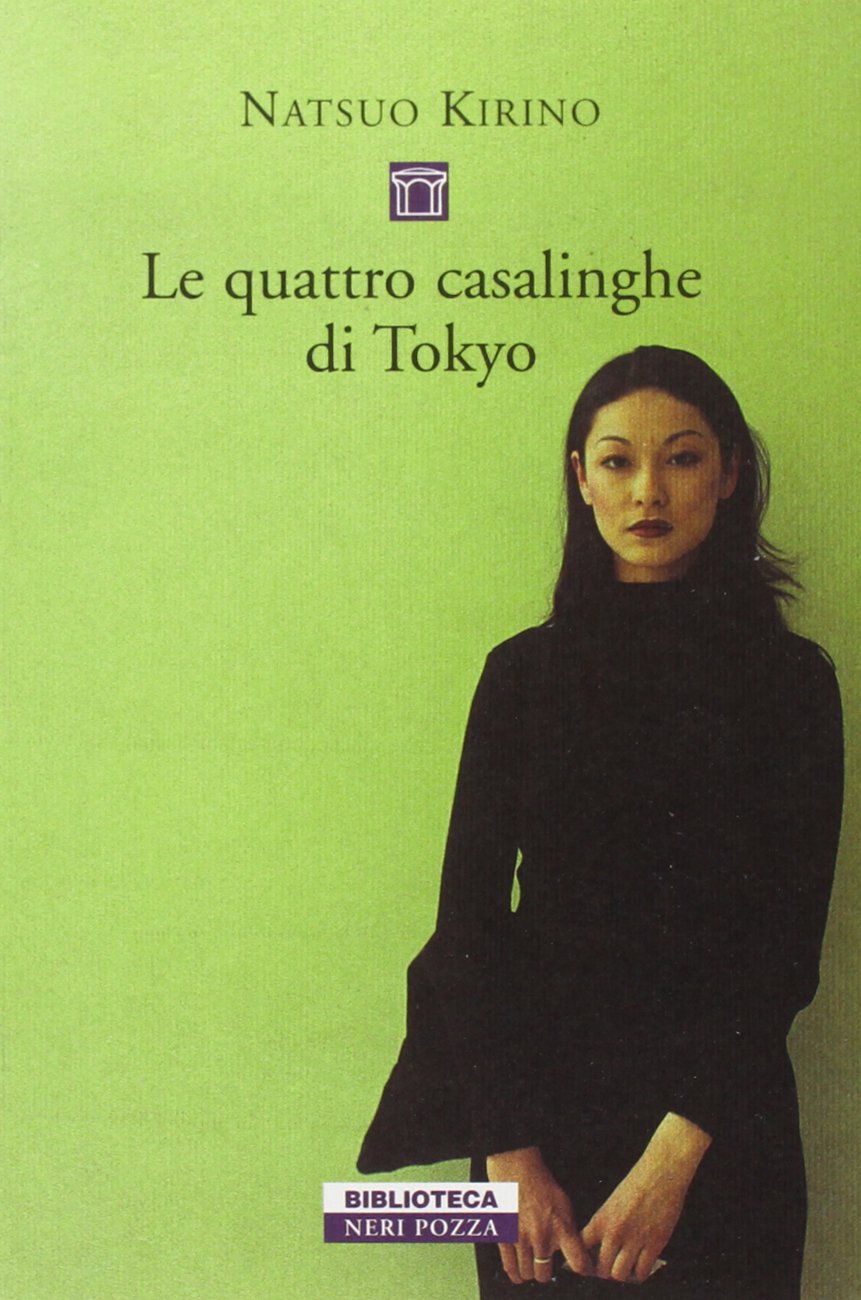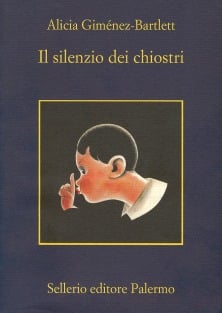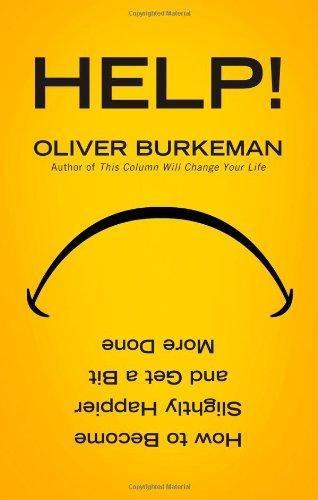ralentina reviewed Brave New World by Aldous Huxley
A classic for a reason
3 stars
Brave New World is on every must-read list, and it belongs there. Huxley's longsightedness is undisputed: as far back as 1931, he picked up on some of the most disturbing features of what was becoming our society, and showed their darkest side. I don't know why I couldn't get more into the story. Sometimes it's just a matter of timing. In fact, I remember reading it as a teenager, and liking it a lot more. Truth be told, I must have been on a sci-fi binge, because I definitely remembered it all wrong - I think my mind collated 1984, Fahrenheit 451, and Brave New World in a major, majorly inconsistent dystopia of its own. I don't know if it was just me, but I have the impression that our collective memory has boxed the book as a warning bell against the dangers of a world driven by escapism, sensual …
Brave New World is on every must-read list, and it belongs there. Huxley's longsightedness is undisputed: as far back as 1931, he picked up on some of the most disturbing features of what was becoming our society, and showed their darkest side. I don't know why I couldn't get more into the story. Sometimes it's just a matter of timing. In fact, I remember reading it as a teenager, and liking it a lot more. Truth be told, I must have been on a sci-fi binge, because I definitely remembered it all wrong - I think my mind collated 1984, Fahrenheit 451, and Brave New World in a major, majorly inconsistent dystopia of its own. I don't know if it was just me, but I have the impression that our collective memory has boxed the book as a warning bell against the dangers of a world driven by escapism, sensual pleasure, and the obsession with being happy. I had completely removed the fact that 'the Savage' actually also comes across as fairly obsessed - with religion, purity, and purification through pain - is it just me, or that is also supposed to be a little creepy? As an aside, the representation of the 'uncivilised' as a sort of native Americans was hella problematic (yes, I know, it's easy to practice critical analysis from 90+ years in the future)
